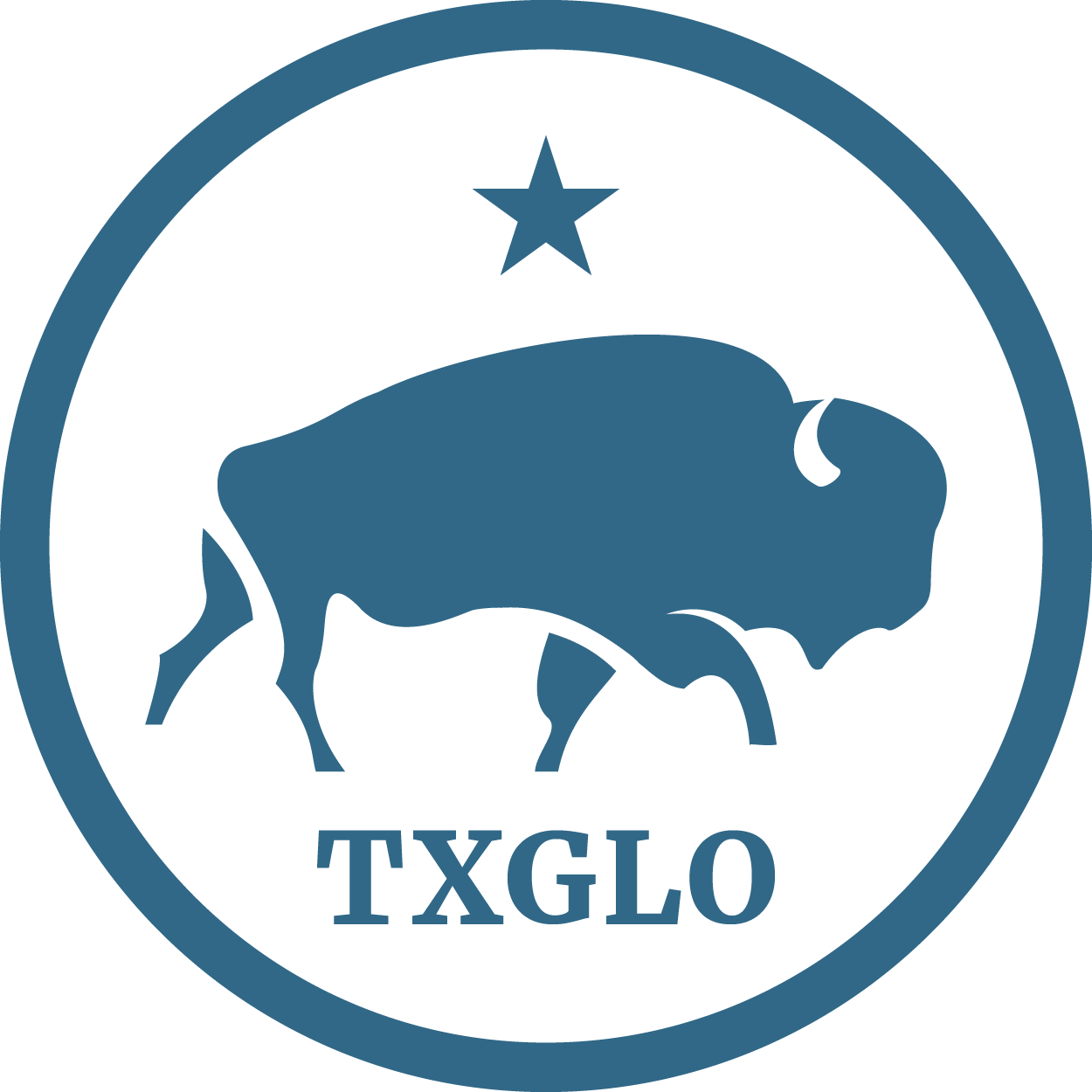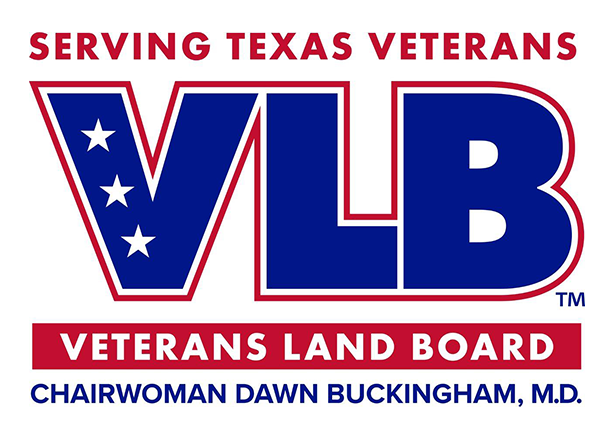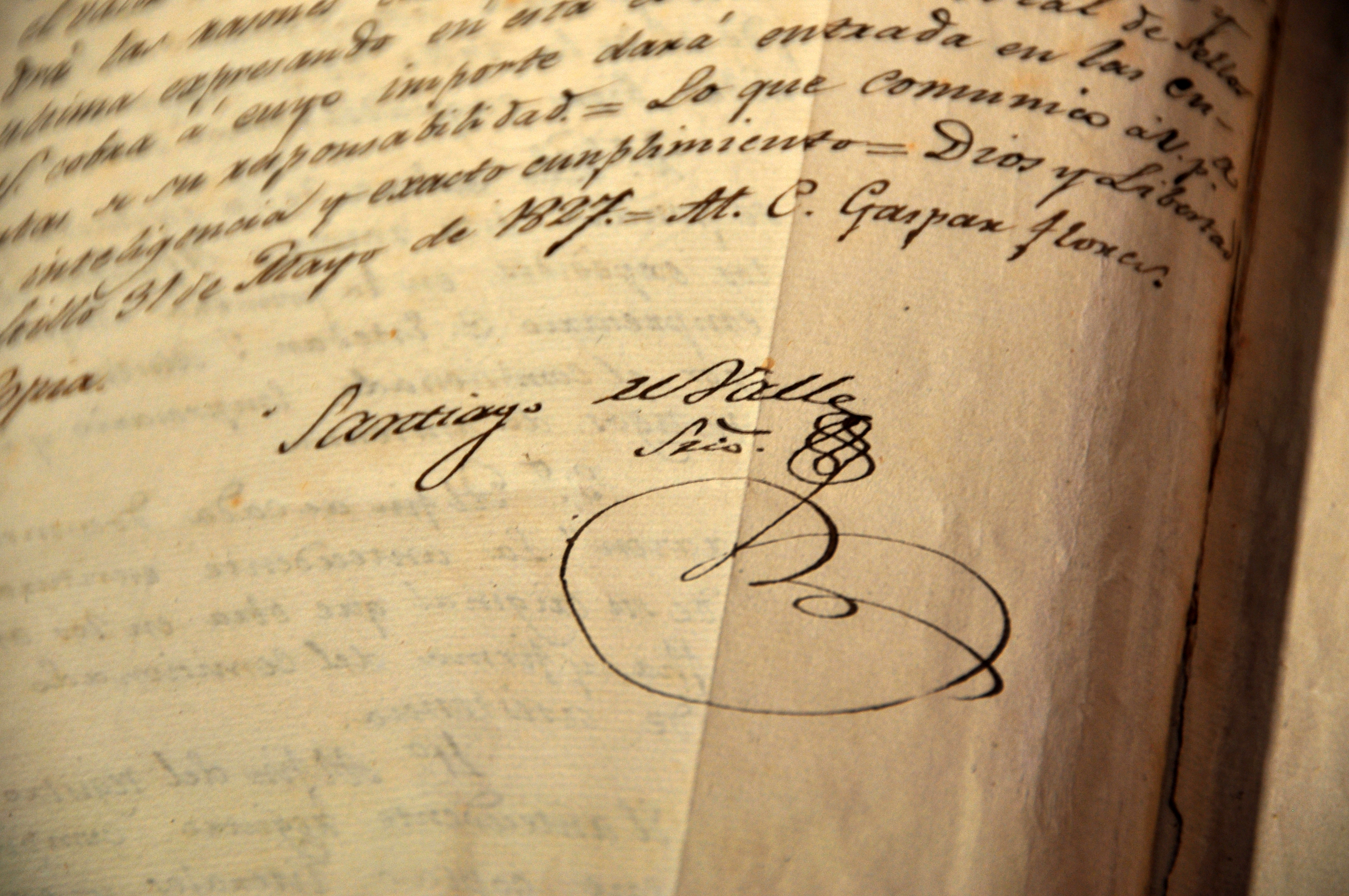Funds to improve wastewater infrastructure approved for the city of Goliad
Today Texas Land Commissioner George P. Bush, Texas State Senator Lois W. Kolkhorst and Mayor Brenda Moses announced the Texas General Land Office (GLO) approved $9.3 million in flood mitigation projects to improve wastewater infrastructure in the city of Goliad. These infrastructure projects will directly benefit residents in a majority low-to-moderate income (LMI) area.
“Goliad is a perfect example of how many communities across Texas in need of infrastructure improvements,” said Commissioner Bush. “In some cases, the current systems protecting local families from flooding are 40 or 50 years old. On behalf of my team at the GLO, we are very proud to be serving so many communities and residents by funding mitigation projects that will provide benefits for generations to come.”
“Our city’s wastewater treatment plant is nearly obsolete; there’s a real danger that more severe storms and heavier rains could overwhelm the entire system,” said Brenda Moses, mayor of Goliad. “The $9.3 million granted today by Commissioner Bush and the GLO will help us build a new treatment plant, ultimately helping us better protect public safety and the environment. These dollars mark historic change for our community, as we have never had access to funding like this before.”
Texas State Senator Lois W. Kolkhorst (R-Brenham) offered her support for the grant saying, “The damage done by floods and hurricanes in our area has been a major issue. That's why I commend Commissioner Bush for recognizing our local needs and allocating these funds. This goes a long way to solve real problems and is a great example of the federal, state and local governments working together."
In May 2020, Commissioner George P. Bush announced the kick-off of the application process for the first round of more than $2.3 billion in Community Development Block Grant Mitigation (CDBG-MIT) funds from the U.S. Department of Housing and Urban Development (HUD) to protect Texas communities hit by Hurricane Harvey and severe flooding in 2015 and 2016. During the first round, the GLO conducted three competitive application programs from the CDBG-MIT Action Plan. Those programs include:
- 2015 Floods State Mitigation Competition – GLO awarded $31,426,781 to four grantees.
- 2016 Floods State Mitigation Competition – GLO awarded 21 grantees with $135,462,438.
- Hurricane Harvey State Mitigation Competition Round 1 ($1 billion of $2,144,776,720 total).
Applications closed for the first round of funding October 28, 2020, and the GLO evaluated all 290 submitted applications in accordance with the HUD approved scoring criteria. Eligible applications with the highest scores were awarded funds. The second round of the competition will award the remaining $1,144,776,720 in mitigation funding to Hurricane Harvey eligible entities.
HUD defines mitigation as activities that increase resilience to disasters and reduce or eliminate the long-term risk of loss of life, injury, damage to and loss of property, and suffering and hardship, by lessening the impact of future disasters. HUD requires that at least 50% of total funds must be used for activities benefiting low- to moderate-income (LMI) persons.
The State of Texas CDBG Mitigation Action Plan: Building Stronger for a Resilient Future outlines the use of funds, programs, eligible applicants, and eligibility criteria as required by HUD. The plan was sent to HUD on February 3, 2020, after an extraordinary public outreach effort including a 50-day public comment period and eight regional public hearings, far-surpassing HUD requirements. HUD approved the plan March 31, 2020. For more information, please visit recovery.texas.gov/mitigation.
City of Goliad: Wastewater Treatment System Improvements Project - $9,353,554
LMI Percentage: 52.86%
The city of Goliad’s wastewater treatment facility is nearing the end of its useful life. Located in the floodplain, excessive rains and heavy storm events impact the city of Goliad’s over 40-year-old wastewater treatment plant. This causes inflow and infiltration issues, resulting in dilution which decreases efficiency of treatment by exceeding sewage volumes. The overflow of water in the system interrupts sewer service, and ultimately affects the safety of the residents. The city has recognized this pressing issue and made it a priority to have the wastewater treatment plant improved and floodproofed.
This project aims to improve the wastewater treatment system by replacing and rehabilitating facility components such as:
- Relocate the influent lift station out of the floodplain
- Replace current clarifier
- Replace current disc aerators and rehabilitate/replace a number of disc aerator structural supports
- Replace filter media and replace/adjust the underdrain
- Rehabilitate and/or replace valves, electrical panels, and supports
- New piping, new piping supports, and upgrades for instrumentation and electrical components of the injection system
- Flood-proof the entire facility by raising/filling or by flood wall
- Replace back-up generators
- Construct a new lab/workshop building








